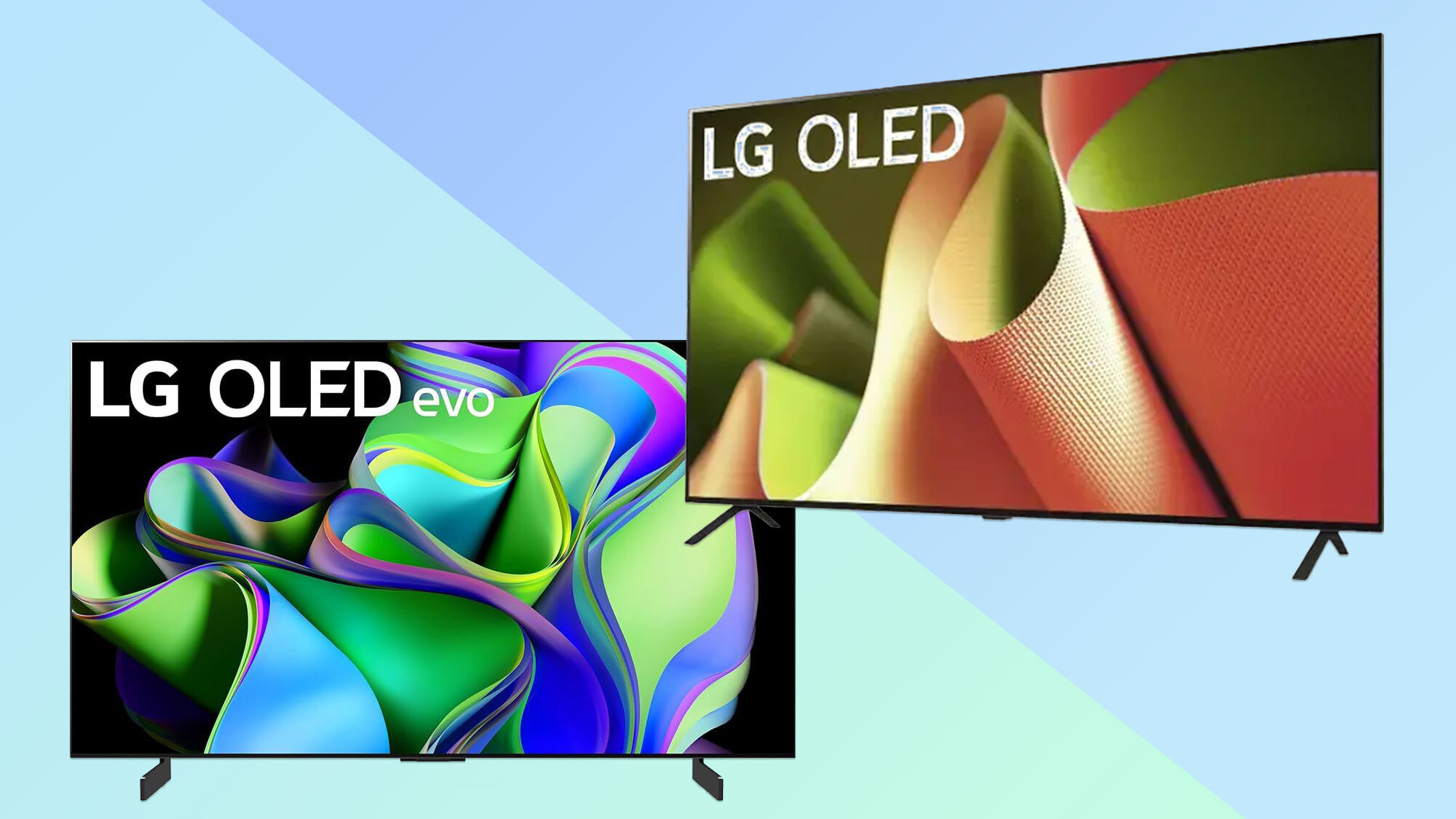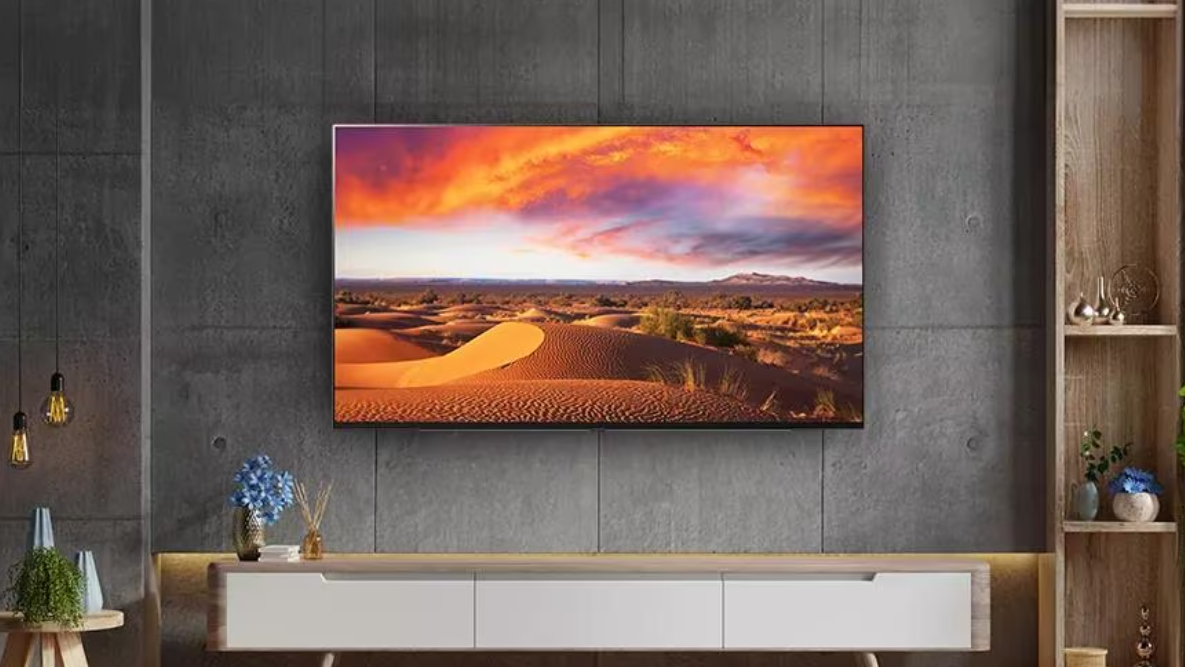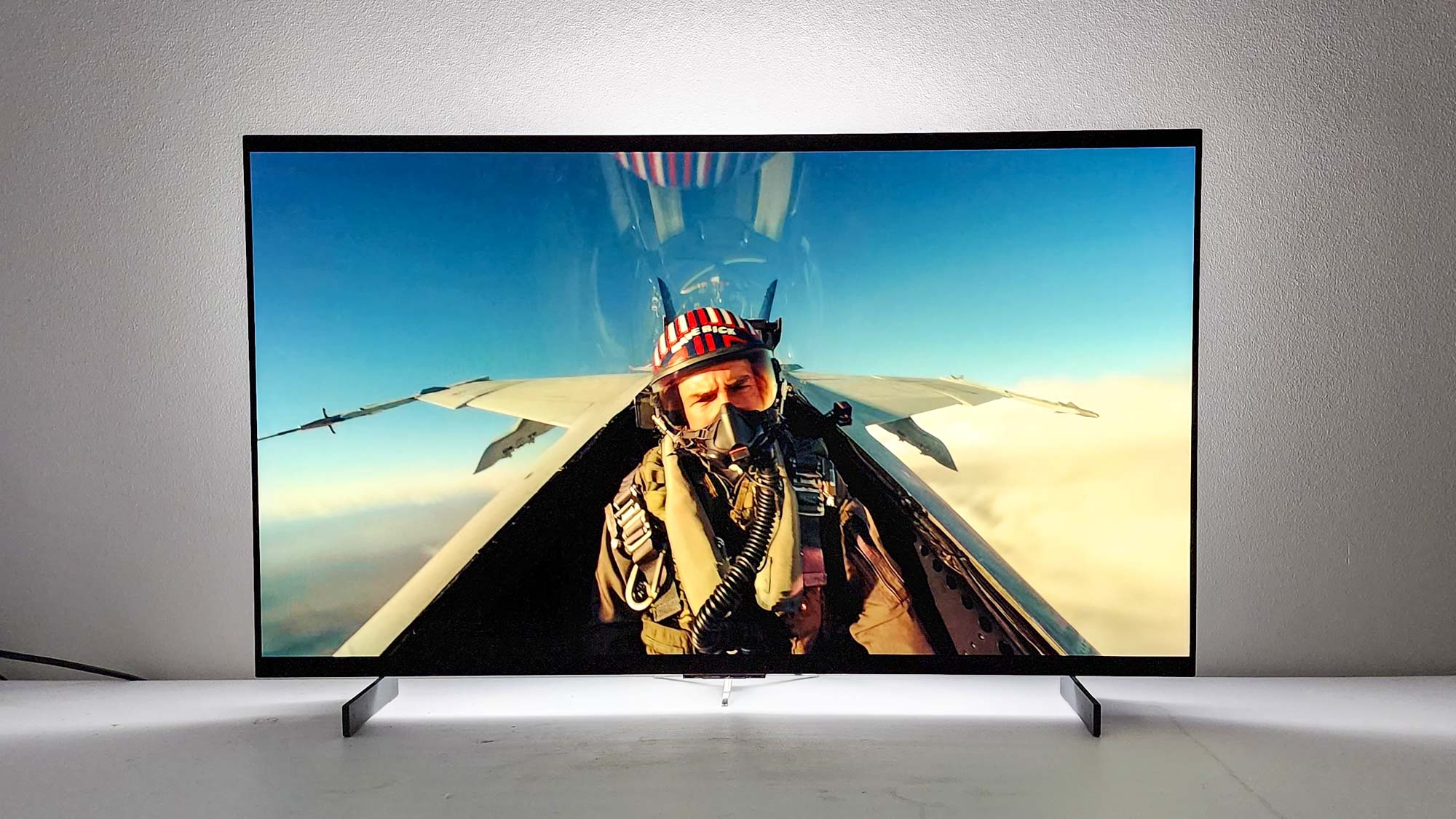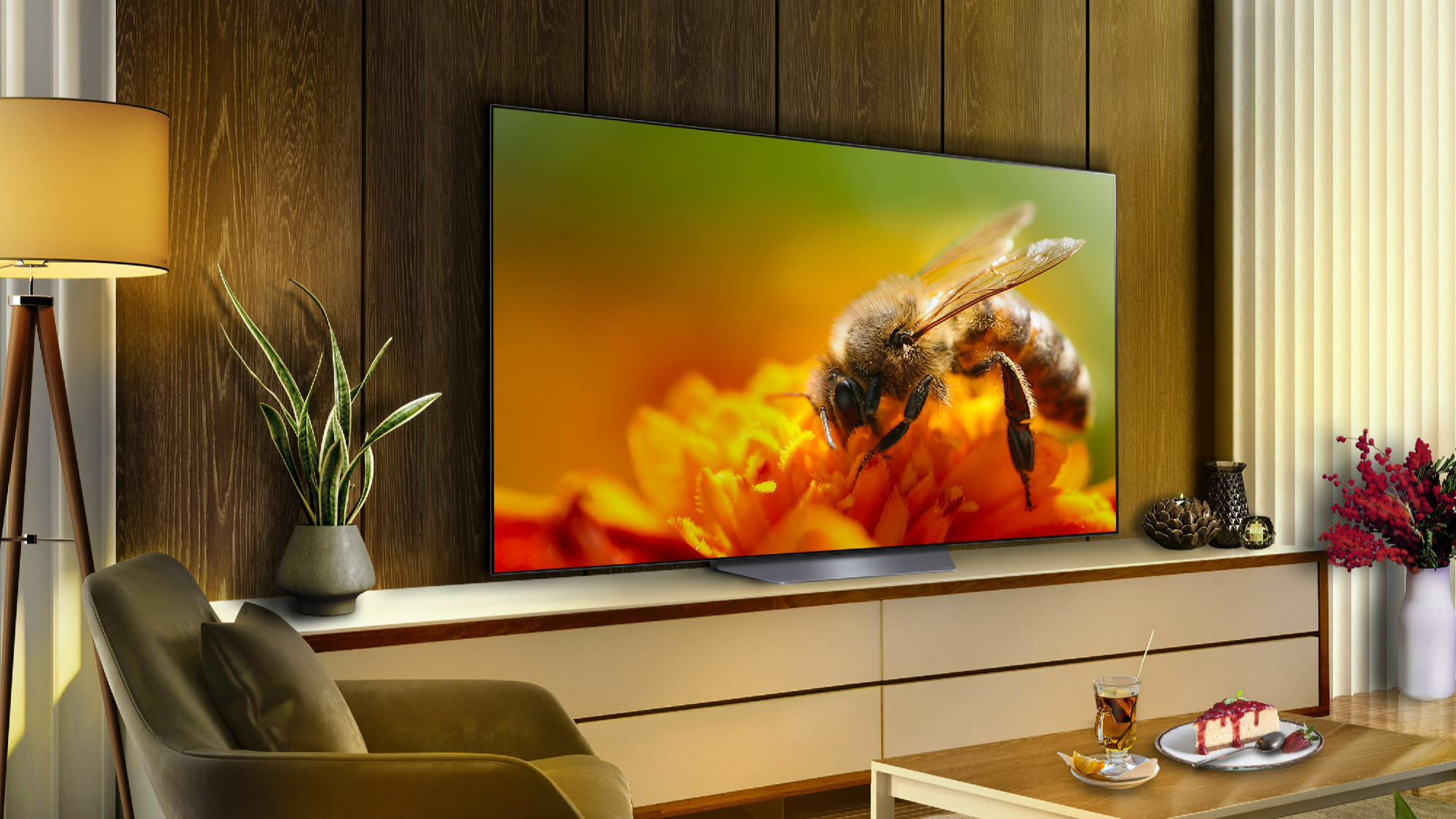
LG is bringing some exciting displays to market this year, but many might be curious how its 2024 TV lineup stacks against their predecessors.
Last year's LG C3 OLED still remains one of the best OLED TVs and is always a top pick for those looking to score an expert value on this display type. But how does it stand against LG's newest budget offering in the LG B4 OLED, which launched a mere two months prior?
There's a lot to love in both displays, mostly in their budget pricing. These aren't LG's value OLEDs for nothing, after all, with the 65-inch LG C3 ($1,596) coming in at just $100 more than its current rival in the 65-inch LG B4 OLED ($1,496) at discount. And given the nature of their LG branding, you can expect to see a slew of gaming features that make them most ideal for modern consoles.
But which will prove to be this year's value pick in the end? Read on to find out if either the LG B4 or LG C3 OLED TV is the worthy option for you in 2024. Don't forget to check out our LG B4 OLED vs LG C4 OLED for more info on which among LG's 2024 lineup is the better pick.
LG B4 OLED vs C3 OLED: Specs compared
LG B4 OLED vs C3 OLED: Design

Both the LG B4 OLED and the C3 OLED are entry-level TVs with some mid-range specs that make them ideal for a wide range of use cases and users. Of major difference between the two is their chipset, with the B4 wielding the Alpha 8 whereas the C3 uses the Alpha 9 gen 6 processor. This means you can expect to see slightly better motion processing and upscaling on the C3.
They're both built on WOLED panels (not META 2.0, sadly) leveraging LG's webOS platform. As you might expect, the B4 comes equipped with webOS 24 installed over the former's webOS 23, which essentially gives you access to better accessibility functions, an improved layout, and (for the sports fans) quick card and My Team access.
It is important to note, however, that the LG C3 OLED and all other 2023 LG TVs will be getting the webOS 24 treatment next year. So, if you're willing to wait, the LG C3 might prove the better pick. But, let's not get ahead of ourselves just yet as there are a few other things we should consider first, namely their different panel types.
So, the LG C3 sports an OLED Evo-rated panel, which means that it will generally have more improved brightness compared to those without it. While both the C3 and B4 do have WOLED panels, the C3's Evo designation will be noticeable predominantly in HDR content.
There's also the question of size, because not everyone's buying a 65-inch TV. At the time of writing, the B4 only comes available in three configurations in the US (55-inch to 77-inch) against the C3's far wider gamut (42-inch to 83-inch). Thus, you may want to consider the C3 if you have a smaller space or are looking for a larger TV footprint.
LG B4 OLED vs C3 OLED: Performance

Without a doubt the LG C3 OLED will most likely preform slightly better over its B4 competition and this is due largely to its improved chipset. Where the LG B4 OLED leverages the Alpha 8 processor, the C3 OLED (despite being a year older) sports LG's Alpha 9 gen 6 chip, which will have a slight edge.
While we don't have test data on the LG B4 OLED just yet, we can take a gander at last year's model and pit it against the C3 to see where these two stack. Obviously, the B4 will be slightly more improved, but what is truly surprising is the brightness. The LG B3 OLED and LG C3 OLED are almost neck and neck when it comes to their SDR brightness, which sits at 236 nits vs 237 nits, respectively.
But where the C3 shines is in its HDR coverage, beating out the LG B3 with 820 nits in a 10% window. The B3 measured only 635 nits and while the B4 definitely improves upon this number, it probably won't be too significant.
Again, while we don't yet have any official numbers yet, it stands to reason that the LG B4 OLED will sport far better brightness numbers than its predecessor. How much is the $1,000 question, but it's clear these two displays in the B4 and C3 share a lot of common ground.

As for their gaming chops, again the LG B4 and C3 are practically identical in performance, leveraging four total HDMI 2.1 inputs on a 120Hz panel with support for both AMD FreeSync and G-Sync to boot. The biggest miss here is no native 144Hz refresh rate for those looking to pair either display with one of the best gaming PCs, but I think we can let that slide when we take into consideration the value both TVs provide.
The biggest difference (and it's not even really that big) is in their onboard speakers, with the LG C3 OLED sporting a 40W 2.2 system while the B4 OLED has just a 20W 2.0 system. You may want to get one of the best soundbars for more adequate audio support.
LG B4 OLED vs C3 OLED: Outlook
This is quite a tricky one, as both the C3 and B4 OLED are practically neck in neck in specs and performance, which makes total sense for their price. But, herein lies the kicker — as whichever is truly the better option for you really comes down to what you're willing to spend for the type of content you enjoy.
Do you prefer watching HDR movies with bombastic, more lifelike audio, improved processing and generally better brightness? Or, are you more of a sports fan who wants streamlined access to their favorite teams on a slightly cheaper design that's also future-proofed with a more modern interface?
Realistically, both of these OLEDs come in as some of the best TVs on the market today, but the LG C3 OLED TV wins out simply due to its utter steal of a value. For just a little under $1,600, you're netting quite the long list of features and improved specs built on LG's Evo OLED panel.
Now, you could always save $100 by going with the LG B4 and use that extra cash for an accompanying soundbar, but if I were upgrading my home entertainment setup I'd be sticking with the C3. It's just too hard a bargain to beat.


.png?w=600)




